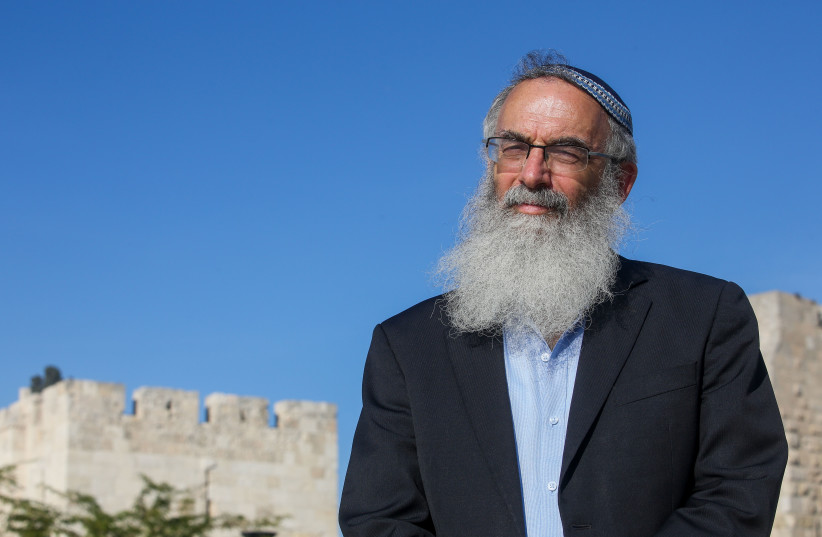Municipal rabbis are now able to provide supervision to businesses and establishments outside of the city in which they serve, part of the first phase of the recently approved reforms on Israeli kosher supervision advanced by Religious Services Minister Matan Kahana.
Rabbi David Stav, who is both the chief rabbi of Shoham and chairman of the national-religious Tzohar organization, has begun acting in that role, becoming the first municipal rabbi to publicly do so within the context of the new reforms.
Stav says that he is already providing supervision to several businesses outside of Shoham, and looks forward to expanding this service.
“We have no intent or interest in providing kashrut supervision to businesses that are located so far away that we wouldn’t be able to effectively monitor their operations,” he said. “But our hope is that places near us that are suffering under arbitrary or ineffective supervision can know that they have an alternative other than the local supervision.”
The structure is already in place to support this framework, he said. “We need to remember that there are already dozens of municipal rabbis who provide kashrut supervision to other cities with the full approval of the Chief Rabbinate. This is often the case in locales where there is no municipal rabbi.

“The Chief Rabbinate had that authority to permit such arrangements, and now the newly reformed law allows this practice to continue even without the permission of the Chief Rabbinate so that municipal rabbis can help businesses in other cities benefit from their supervision.”
In 2013, Stav ran for the position of chief rabbi of Israel but lost, even though a majority of Israelis would have preferred him over the current chief rabbi, David Lau. His candidacy was opposed by some haredi Orthodox rabbis due to a perception of him being “liberal” and too lenient in matters of Halacha. In one instance, he was assaulted by haredi yeshiva students when leaving a wedding.
Stav hopes to be nominated again for chief rabbi in the upcoming election, but will compete only if he is backed by the Bennett-Lapid government.
Not everyone is pleased, however. According to the right-wing organization, Koshrut: "The fact that only one rabbi joined the reform in opening kashrut supervision areas – shows that the first phase of the 'kashrut reform' has failed."
